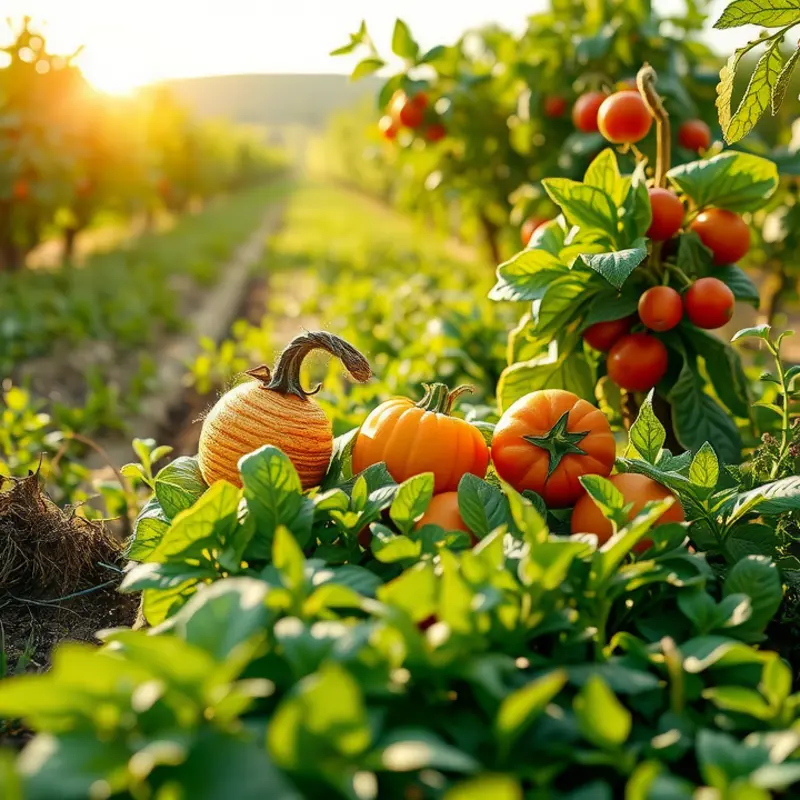Choosing the right cooking oils can significantly impact both your health and the environment. As more individuals seek to adopt eco-friendly food choices, understanding sustainable cooking oils becomes essential. From traditional options to innovative alternatives, this guide is designed for those eager to make conscious choices that align with their values. Emphasizing the importance of production practices and sourcing, we’ll explore sustainable cooking oils that can enhance your culinary creations while promoting eco-conscious living.
Understanding Sustainable Cooking Oils

Cooking oils are essential in our kitchens, and choosing sustainable options can greatly impact the environment. Sustainable cooking oils are selected based on their sourcing, production methods, and environmental footprint. Let’s explore these aspects and understand how sustainable oils differ from conventional ones.
Sourcing of sustainable oils focuses on the origin and cultivation of the raw materials. Ideally, these oils are derived from plants grown under sustainable agricultural practices. For instance, organic or certified palm oil ensures that it’s produced without harmful pesticides and in a manner that protects rainforests and biodiversity. Additionally, sourcing locally can reduce the carbon footprint associated with transportation.
The production process is another critical factor. Cold-pressed oils are often more sustainable as they require less energy and avoid harsh chemical solvents used in refining. Oils such as olive or avocado, when cold-pressed, provide not only a more eco-friendly option but also retain higher nutritional quality. Moreover, sustainable production practices also include the ethical treatment of workers and minimizing waste in production.
A key aspect of evaluating the eco-footprint of a cooking oil is its impact on land, water, and carbon emissions. For example, some oils, like rapeseed, are praised for their lower water usage compared to others, such as almond oil. The impact on soil health and biodiversity is also considered when determining sustainability. It’s crucial to support brands that employ regenerative agricultural practices, which aim to restore and enhance soil health.
When selecting sustainable cooking oils, consider the oil’s versatility for various cooking methods and its taste profile, ensuring it meets your culinary needs. Oils like grapeseed or sunflower, known for their neutral flavor and high smoke point, are excellent choices for frying, while oils like sesame or coconut add distinct flavors and are perfect for certain cuisines.
Compared to conventional options, sustainable oils typically offer reduced environmental impact and can often provide superior flavor and health benefits. However, they may come at a higher price point, which reflects the sustainable practices employed during their production.
Key attributes to identify a sustainable oil include certifications such as organic, Fair Trade, or RSPO (Roundtable on Sustainable Palm Oil). Checking labels for these certifications helps ensure that the products align with sustainability goals.
To further explore how these choices can contribute to an eco-smart kitchen, you might find this guide on eco-smart kitchen storage insightful, as it complements your sustainable cooking journey by offering storage tips that reduce waste.
By incorporating these oils into your cooking habits, you not only enhance the flavors of your dishes but also contribute to a healthier planet. As you continue exploring sustainable options, remember that every choice makes a difference, and understanding these oils is a step towards a more sustainable kitchen.
Practical Tips for Choosing and Using Sustainable Oils

Selecting sustainable oils begins with understanding their origin. Opt for oils from organic and regenerative farms. This ensures minimal environmental impact and supports biodiversity. When shopping, look for certifications like ‘Fair Trade’ or ‘Rainforest Alliance’ to validate ethical sourcing.
Local markets can be a treasure trove of sustainably produced oils. Purchasing directly from producers reduces carbon footprints related to transportation. If locally produced options are unavailable, prioritize oils with transparent supply chains, ensuring producers are fairly compensated.
Exploring alternative oils can enhance both sustainability and culinary creativity. For high heat cooking, consider oils with a high smoke point like avocado or certain sunflower oils. For finishing dishes, flaxseed or walnut oil can impart unique flavor nuances.
Flavor profiles vary widely, enhancing different dishes in distinctive ways. Olive oil’s fruity notes complement Mediterranean dishes, while sesame oil adds depth to Asian cuisines. Coconut oil’s mild sweetness pairs well with baking or tropical dishes.
Creative oil use includes infusing oils with herbs and spices. For a robust flavor, infuse rosemary or garlic. This custom oil can elevate dressings and marinades without additional waste. Keep these infusions refrigerated and consume within a week to maintain freshness.
Storage plays a crucial role in preserving oil quality. Store oils in a cool, dark place, ideally in a glass bottle to prevent degradation. To further reduce waste, consider repurposing kitchen waste for storage solutions, as highlighted in eco-smart kitchen storage.
Using sustainable oils also involves being mindful of quantities. Using oil spray bottles can control portions, reducing unnecessary consumption and waste. Embrace cooking methods that require less oil, such as baking or grilling, to maintain an eco-friendly kitchen.
Practical efforts in cooking align with broader lifestyle changes, supporting global sustainability goals. By choosing and using oils responsibly, you not only contribute to environmental well-being but also enrich your culinary experience.
Final words
Choosing sustainable cooking oils is a meaningful step towards healthier eating and a more eco-friendly lifestyle. By understanding the benefits of different oils and incorporating them into your cooking habits, you can significantly contribute to environmental conservations while enjoying delicious meals. Remember, it’s not just about the oils you choose but also about how you utilize them in your culinary practices. Each small change can lead to substantial benefits for both your health and the planet.








